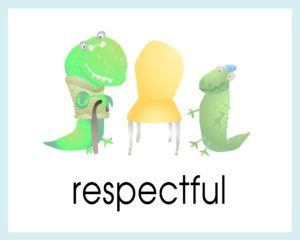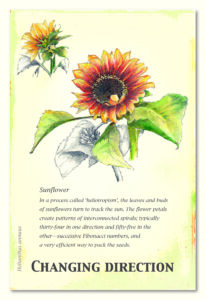innovative resources: born out of the strengths approach
It was 1992, and ideas around how welfare services should be delivered were changing. At St Luke’s (now Anglicare Victoria) workers decided there was a genuine need for a hands-on tool that could be used by social workers to focus on emerging strengths-based approach to social work.
the foundation of the strength-based approach
Growing out of solution-focused practice, narrative therapy, and Intensive Family Services (which was a radical way of working with families to keep children at home), the strengths approach was built around the values of equal partnership and respect between people—or ‘power-with’.
core beliefs
Fundamental to strengths-based practices is the belief that everyone has strengths and that mobilising and sharing strengths is the key to building hope and creating positive change.
One of the pioneers of the strengths approach, Wayne McCashen, described it as a positive, transformative and profound philosophy for practice that has the power to build self-confidence, connection and community.
‘For many, it is not only a philosophy for practice but also a philosophy for life,’ he said. ‘It is built on attitudes and values so deeply respectful of people’s intrinsic worth, their potential and their human rights.’
the birth of strength cards®
The original Strength Cards® were created by a small group of St Luke’s workers who, as Innovative Resources founder, Russell Deal, puts it, ‘sat down together with a dictionary and chose 48 strengths that people use every day to work through life’s challenges and solve problems.’
that people use every day to work through life’s challenges and solve problems.’
Coupled with simple illustrations by fellow worker, John Veeken, the first print run was packaged in zip seal plastic bags and sent out into the world. Such was the popularity of the cards, they soon went to second print run, this time packaged in printed boxes.
evolution and impact
Strength Cards® for Kids followed hot on it heals and a year later The Bears made its debut. The rest, as they say, is history.
expanding horizons: from strength cards® to choosing strengths
The strengths approach, in its various iterations, has become one of the most influential approaches to social work and human service practice, not only in Australia and New Zealand, but internationally.
Stories of how Innovative Resources card sets and other tools continue to unlock people’s strengths, aspirations and potential continue to arrive from a diverse range of organisations, individuals and industries: education and healthcare, mental health and counselling, sporting clubs and correctional facilities, HR departments and First Nations cooperatives, justice settings and pastoral care, families and foster care … the list goes on.
Just as strength-based practices and strength-based approaches in therapy have evolved, so has our understanding of what constitutes a strength.
exploring new dimensions of strengths
Our resources have kept pace with, and sometimes driven, these changing ideas. Where Strength Cards® and Strength Cards® for Kids focus on our unique personal qualities as strengths, subsequent resources explore strengths in more expansive ways.
Based on the tenets of Choice Theory, Choosing Strengths (2013), suggests our strengths are in our own hands. We can choose to see ourselves as a ‘victim’ or a ‘survivor’. We can choose to see the glass as half-empty or half-full. We can choose to see ourselves as filled with deficits or as possessing great strengths. We can choose to adopt any number of strengths from a huge array of possibilities.
 The Nature of Strengths (2014) invites us to notice and name the characteristic survival strengths of plants and animals in nature and think about how we could employ those strengths to tackle the challenges in our lives.
The Nature of Strengths (2014) invites us to notice and name the characteristic survival strengths of plants and animals in nature and think about how we could employ those strengths to tackle the challenges in our lives.
Taking the notion of strengths to the next level, Strength Cards® Unlimited (2022) prompts conversations about the many resources we all have in our lives that we can draw on to overcome challenges, reconnect with others and create a more optimistic picture of the future.
Our strengths can be as practical as transport, food and clothing, or as diverse as community, culture or the stories we tell. More abstract things like time, feelings or rights can also be powerful strengths.
the timeless wisdom of strengths-based practice
As the pioneers of strength-based practice knew when they sat down to create a conversation-building tool all those years ago, the wisdom we gather as we go through life—the challenges and the good stuff—can be a great source of strength, insight and hope.
by John Holton

